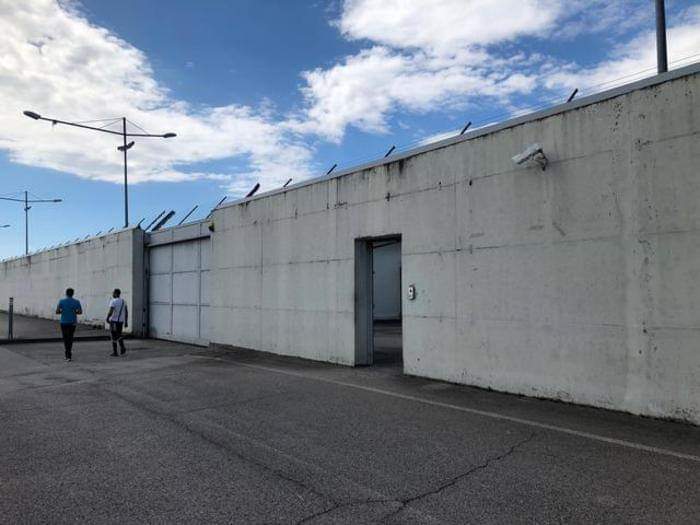Analysis
During the pandemic, refugees have even fewer rights
A new dossier from the Italian Coalition for Freedom and Civil Rights reports on administrative detention in ships, hotspots and “repatriation holding centers.” They document hunger strikes and self-harm episodes.

The administrative detention of migrants threatens to return to a “lesser” condition of normality, which means one that is even more “lacking in rights and guarantees,” according to a report entitled “Detention of migrants in the times of COVID” published Monday by the Italian Coalition for Freedom and Civil Rights (CILD).
The data is for the March-June period and concern the three types of deprivation of personal freedom suffered by foreign citizens: quarantine ships, migrant hotspots and repatriation holding centers (CPRs). Regarding the recent practice of imposing a period of isolation at sea, CILD emphasizes the need to respect the principle of proportionality and take into account what those who arrive on the Italian coast have to go through.
One wonders whether there was anything “proportional” in requiring quarantine for the 180 shipwrecked people rescued by Sos Mediterranée after forcing them to remain on the humanitarian ship for days, resulting in high tensions on board, and despite the negative results of the swabs.
The CPRs remain a sore point, in which the legal basis for administrative detention has disappeared. Such detention should be with a view to the repatriation of the migrants, but it still continues, despite the fact that flights are grounded and the Relaunch Decree has ordered the suspension of expulsion measures until Aug. 15.
There are seven CPRs active on the Italian territory. At the beginning of July, they were holding 332 detainees. This number grew rapidly after reaching a minimum in May (204), because the authorities transferred those who landed first to the hotspots and from there to the CPRs. This new flow of admittances is raising the tension in these facilities.
In the last 10 days, at the Gradisca d’Isonzo facility, there have been hunger strikes and episodes of self-harm. The most serious has been publicized by the “No Frontiere-FVG” network, which has published a video shot inside the facility that shows a man with bloodied arms and torso, full of razor blade cuts. According to the reconstruction of the events accompanying the images, this was a form of extreme protest after being beaten with batons by security agents during a search.
“They are telling us that this person fainted several times every day during the next four days, and on one of these occasions he was given cardiopulmonary resuscitation inside the CPR and taken to the Emergency Room in Gorizia,” reads the nofrontierefvg website.
Originally published at https://ilmanifesto.it/migranti-dopo-il-covid-meno-diritti/ on 2020-07-14
